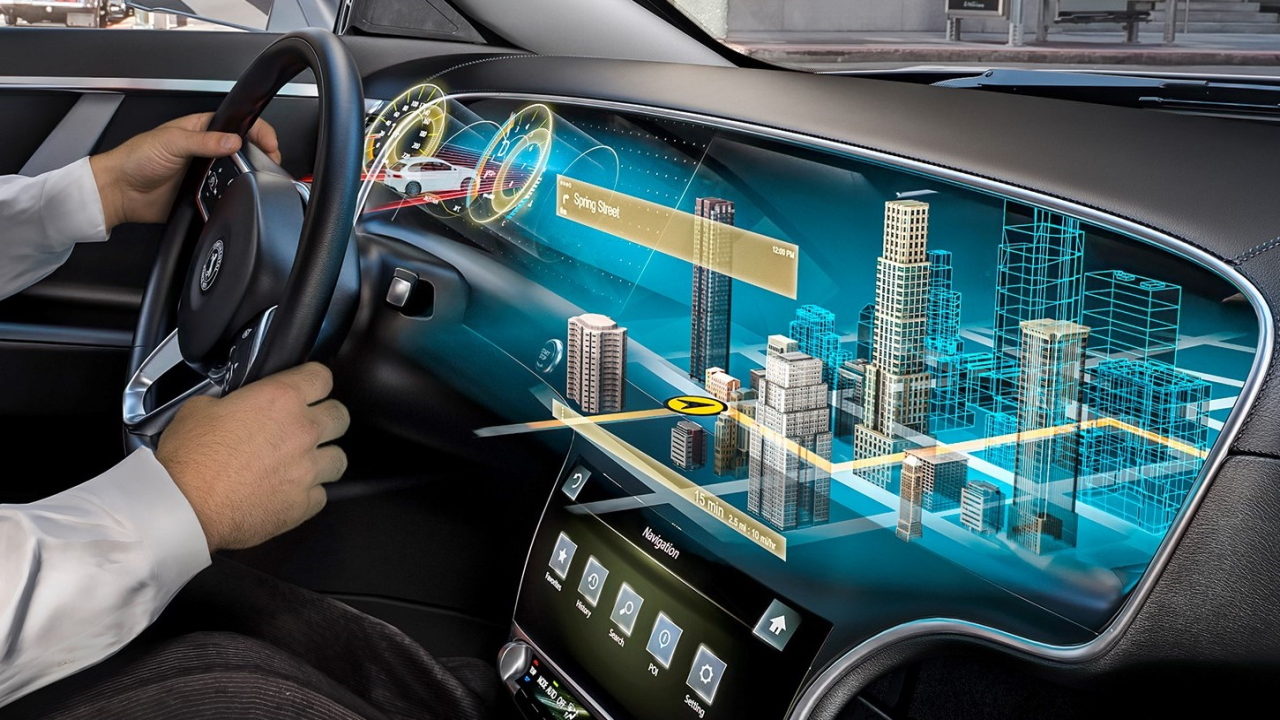How electric cars are changing the landscape of the automotive industry
Author: Tiarna O'Reilly

The automotive industry is undergoing a significant transformation, and electric vehicles are at the forefront of this revolution. As concerns about climate change, air quality, and the depletion of fossil fuels become increasingly urgent, electric vehicles (EVs) have emerged as a viable and sustainable alternative to traditional internal combustion engine (ICE) vehicles.
As the world moves towards a greener future, electric vehicles are changing not only the way we drive, but the entire automotive landscape.
Environmental benefits
One of the most significant drivers of the transition to electric vehicles is their positive impact on the environment. Unlike conventional ICE cars, which emit greenhouse gases and other pollutants, electric cars do not produce exhaust emissions.
This reduction in emissions is critical to combating climate change and improving air quality in urban areas, where vehicle emissions are a major cause of smog and health problems.
Technological innovation
The transition to electric vehicles has sparked a wave of technological innovation in the automotive industry. In particular, battery technology has undergone significant improvements, resulting in electric vehicles with longer range, faster charging, and lower costs. Innovations in energy storage have not only made electric vehicles more accessible to consumers, but also open up prospects for other sectors, such as renewable energy storage and grid stabilization.
Accelerating infrastructure development
The advent of electric vehicles has accelerated the development of charging infrastructure on a global scale. Governments, businesses, and organizations are investing in charging networks to reduce "range anxiety" — the fear of running out of battery during a trip. Fast charging stations are becoming more common, making long-distance EV rides more practical and convenient.
Economic impact
The growth of the electric vehicle market has far-reaching economic consequences. Traditional automakers are adapting to this shift by investing heavily in electric vehicle manufacturing and research and development. In addition, new players in the industry, such as Tesla, have gained notoriety by challenging the established order. This competition stimulated innovation, lowered prices, and expanded consumer choice.
Retraining and job creation
The transition to electric vehicles will change the composition of the workforce in the automotive industry. While some jobs associated with traditional internal combustion engines may be reduced, new opportunities will emerge in areas such as battery manufacturing, software development for electric vehicle systems, and maintenance of charging infrastructure. Concerted efforts to retrain and retrain workers will be critical to ensure a smooth transition for employees.
Impact on energy sources
As the demand for electric vehicles grows, the focus will be on the energy sources powering these vehicles. Although electric vehicles are cleaner and more efficient on the road than ICE vehicles, the environmental benefits can be maximized by combining them with renewable energy sources such as solar and wind power. This synergy can reduce the overall carbon footprint associated with the use of electric vehicles.
Formation of urban planning
The proliferation of electric vehicles is also influencing urban planning and design. Cities are considering integrating charging stations into public spaces, parking lots and residential areas. Incentives for electric vehicle owners, such as reduced parking fees or access to dedicated car lanes, are being implemented to encourage adoption.
Conclusion
Electric vehicles are more than just a passing trend; They represent a fundamental shift in the automotive industry that will define our transportation landscape for years to come. With environmental benefits, technological advancements, increased charging infrastructure, and economic impact, electric vehicles are leading us towards a more sustainable and innovative future.
As governments, manufacturers and consumers increasingly embrace this transformation, electric vehicles are accelerating the transition to a greener, cleaner and more dynamic automotive industry.




